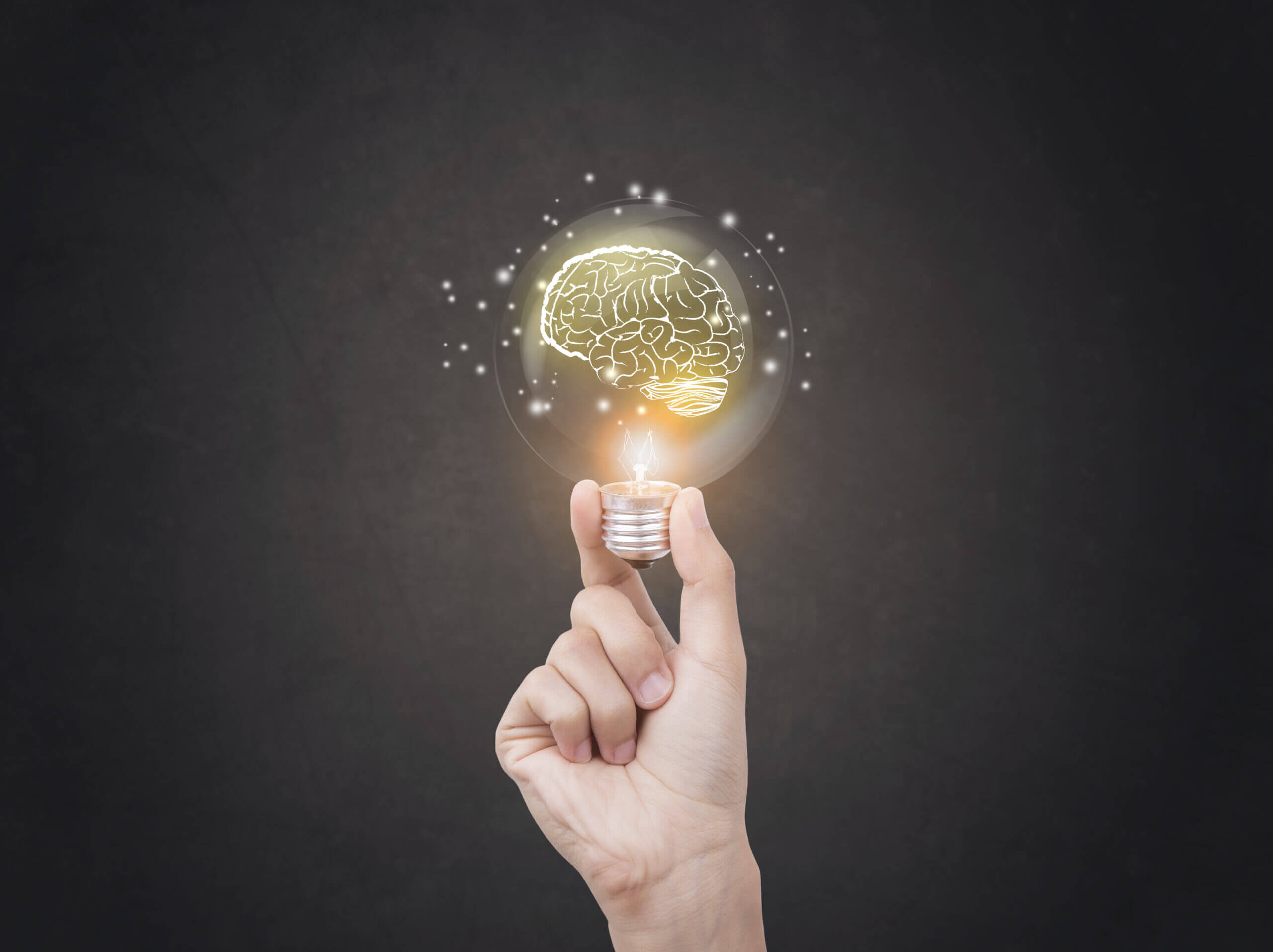When we want to strengthen our body, we turn to sports training such as Pilates, yoga, or the gym. But what about strengthening the brain? In the past decade, a new method has been developed that allows us to do just that: cognitive training for brain enhancement.
Cognitive training is brain exercise, a kind of “mental sport,” based on the brain’s ability to change, or be “flexible.” The brain can create neural connections that adapt to changing circumstances. The more we repeat a specific action, the stronger the neural connections associated with that action become (link to article on brain plasticity). Researchers have examined how to use this brain flexibility to improve brain performance. If the brain can generate new neural connections, then why not “hitch a ride” on that? The potential in this idea was enormous: if we can encourage the brain to create new connections as needed, we can utilize it to improve cognitive processes. Indeed, researchers have found that certain exercises strengthen the connections between different parts of the brain, helping us process information faster and think and act more quickly. In a study published in 2002, cognitive training was conducted on 1,400 individuals, and improvements were found in their abilities compared to those who did not undergo the training. And it didn’t end there: in a follow-up test of the same individuals after 10 years, an astonishing finding was made – those who had trained still had an advantage over those who hadn’t trained! Sounds good, doesn’t it?
What does cognitive training look like?
Cognitive training is performed using computer games tailored to the specific cognitive abilities we want to train. Usually, the player sits in front of the computer for 10-30 minutes and performs tasks that require concentration, accuracy, and quick decision-making. Over time, as the player improves in the games and creates new neural connections, the difficulty level of the games will increase to continue challenging the player (if the game is too easy, no benefit will be derived from it). Studies have found that computer-based programs for improving cognitive abilities need to be adaptive – they should be able to adjust the difficulty level of the exercises to each player. Different people are good at certain things and struggle with others, and the software needs to identify the player’s abilities and customize the game’s difficulty level personally for each individual. The advantage of a personalized training program is maintaining a challenging level of difficulty – not too easy and not too difficult – that promotes the required abilities and motivates players to continue and progress at their own pace.
It’s important to note that cognitive training is not a one-time “zap and we’re done” action. Similar to sports training, consistency is key. It’s important to maintain a routine of at least three training sessions per week over time to see results. Perseverance is the key!
How do we train memory?
Memory is not a single puzzle but a complex puzzle of various abilities. Each time we remember something, we actually perform several different cognitive actions. These are cognitive actions or cognitive processes. There are several cognitive processes that are the “building blocks” of memory: encoding information from the environment and processing it, actively holding the information (referred to as working memory), consolidating the information in our mental dictionary (called long-term memory), and retrieving the information when needed. To improve memory abilities, all these cognitive processes need to be improved. It’s like if we oil each of the gears in a mechanical mechanism, it will work more smoothly. In other words, to improve memory, we need to work on the various cognitive processes that make it up – and now there is also a way to do that.
There is memory training, and there is effective memory training.
So far, the picture is quite encouraging: if we practice the “building blocks” of memory, we can improve our memory abilities, which are the result of the cognitive functions mentioned above. But here arises a non-trivial question: how can we know which exercises will truly help? Fortunately, the field of computer-based games for brain enhancement – “smart games” – continues to evolve. Academic research on one side and clinical trials on the other continue to advance the field and build more and more effective games. As research in the field progresses, we learn how to best strengthen the brain using smart games. While in the past, training programs focused on isolated exercises (and emphasized one cognitive ability per exercise), a recent theory suggests that games should train different abilities in an integrated manner. In the real world, we don’t use skills in isolation, but rather as a whole. For example, during a conversation, we listen to the person in front of us, think about our response, and pay attention to the time and remember that we need to leave soon.
Effectivate Memory Training Software
Effectivate memory training is based on all these principles (and many others) to be efficient, enjoyable, and challenging. Our training is built with an emphasis on developing attention and concentration abilities alongside information encoding, processing, and organization.
It allows players to practice these abilities in an integrated manner, simulating the demands of our real environment. Finally, our training allows for precise personalization, as each player progresses at their own pace and the difficulty level of the tasks adjusts according to their success. This development is done in collaboration with Professor Sarit Kraus, a world-renowned expert in machine learning.
Consistency in this type of training over time can lead to improvement not only in the game itself but also in daily life: the brain can utilize the newly developed abilities even in new situations (a process known as “generalization”), so that your improved abilities are not limited to the game but manifest in all areas of life.
Enjoy your training!



